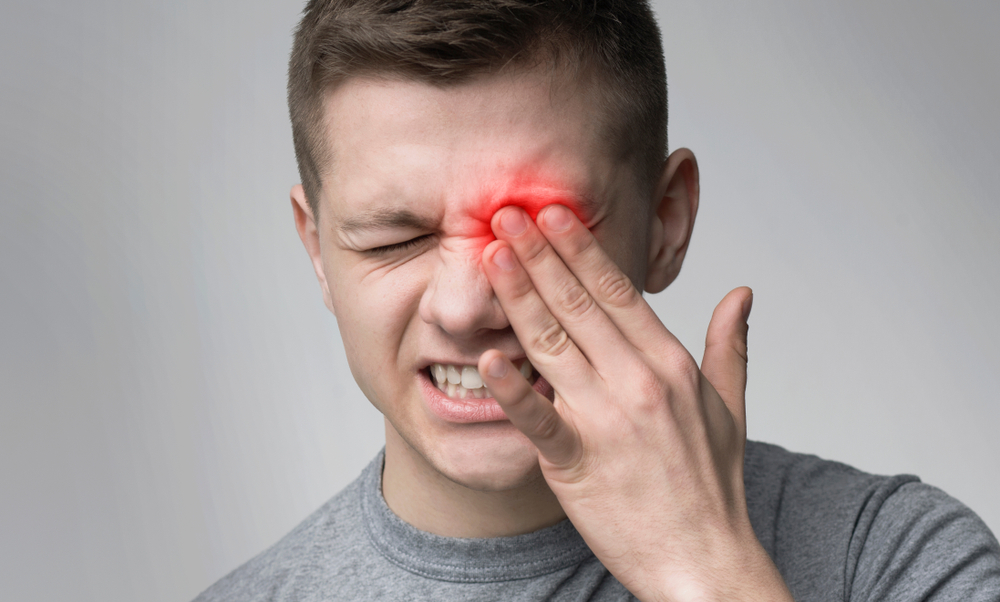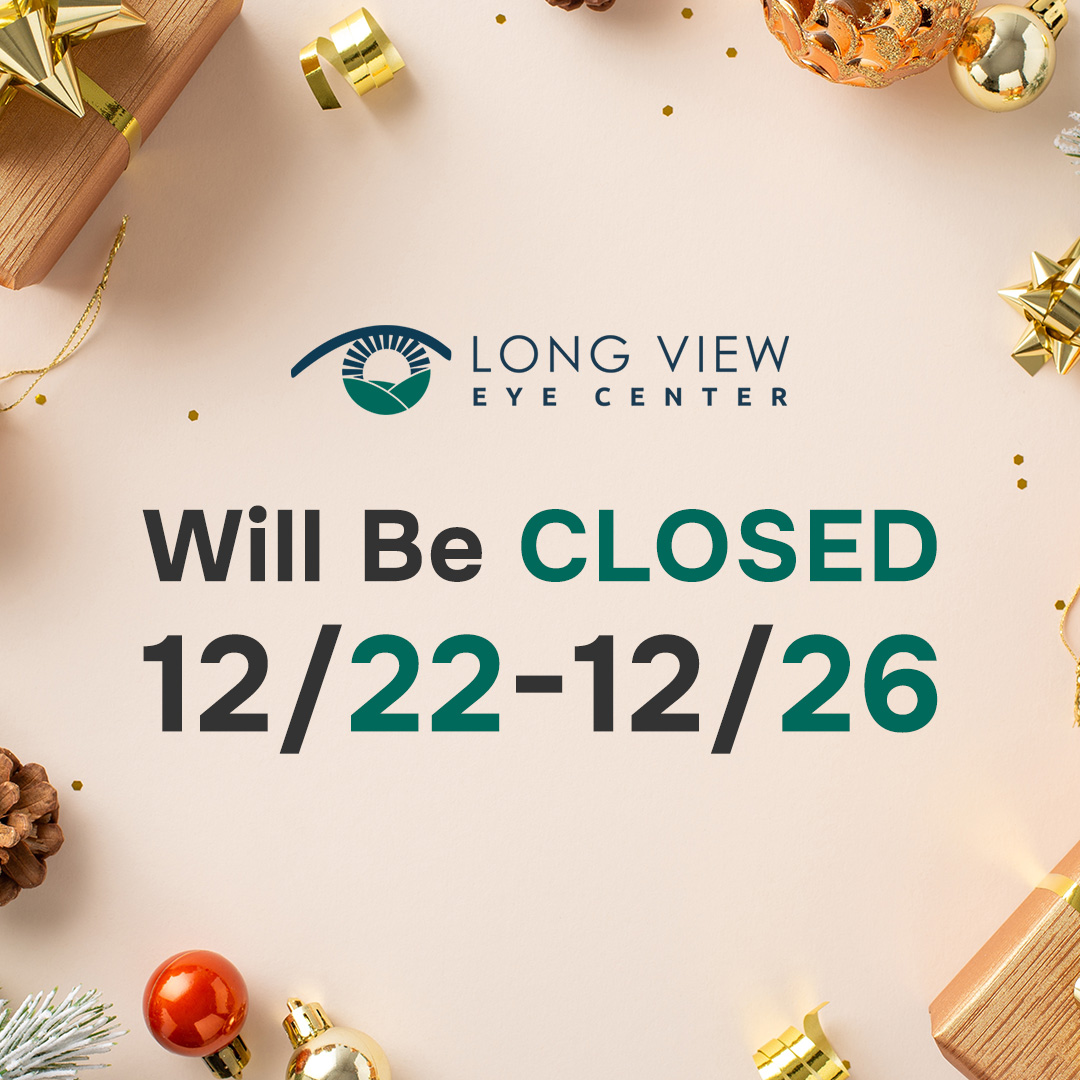
Eye emergencies are health situations that demand immediate attention because they pose a risk to the eye’s health and function. They can occur as a result of an accident, injury or an underlying health condition. These situations can be frightening and confusing especially when you're not sure of what to do. Understanding common eye emergencies and how to deal with them is crucial to preserving sight and the overall health of the eye.
Common Eye Emergencies and Their Symptoms
Eye emergencies can present themselves in many different ways. Here are some common eye emergencies and their symptoms that you should be aware of:
Foreign objects in the eye: This can be anything that is not supposed to be in your eye, such as dust, dirt, sand, or a small piece of metal. Symptoms can include pain, redness, a gritty feeling, tearing, blurred vision, and sensitivity to light.
Chemical burns: These are caused by a harmful substance getting into the eye. Depending on the substance, the burn can be mild or severe. Symptoms include pain, redness, blurred vision, and a sensation of something being in the eye.
Eye infections: Infections can be caused by bacteria, viruses, or fungi. Symptoms can include redness, pain, discharge, itching, sensitivity to light, and blurred vision.
Detached retina: This happens when the retina pulls away from its normal position. It’s a serious condition that can cause permanent vision loss if not treated promptly. Symptoms include sudden appearance of floaters, flashes of light, and reduced peripheral vision.
How to Handle Common Eye Emergencies
When it comes to handling common eye emergencies, the first step is to stay calm. Panic can cloud your judgment and delay necessary action. Here are some steps to follow in case of common eye emergencies:
Foreign objects in the eye: Start by blinking several times to allow your tears to flush the object out. If this doesn’t work, try to remove it with a damp cotton swab or rinse your eye with clean, lukewarm water. If the object doesn’t come out, seek medical attention immediately.
Chemical burns: Rinse your eye immediately with clean water for at least 15 minutes. This will help to flush out the chemical. After rinsing, seek immediate medical attention.
Eye infections: If you suspect an eye infection, avoid touching or rubbing your eye as this can worsen the condition. Visit an optometrist or ophthalmologist as soon as possible for treatment.
Detached retina: This is a medical emergency. If you experience the symptoms of a detached retina, seek immediate medical attention.
The Role of an Optometrist in Managing Eye Emergencies
Optometrists are primary health care professionals trained to diagnose and treat conditions and diseases of the eye and visual system. They play a crucial role in managing common eye emergencies.
An optometrist can provide immediate care for eye emergencies, including removing foreign objects from the eye, treating chemical burns, and managing eye infections. They are equipped with the necessary tools and skills to perform these tasks safely and effectively.
For more serious conditions like a detached retina, an optometrist can provide a prompt diagnosis and referral to a specialist for further treatment.
Safeguarding Your Vision
Understanding common eye emergencies and knowing how to respond to them can make all the difference in preserving your sight. Remember to stay calm, take appropriate action, and seek professional help when necessary. The role of an optometrist in managing these emergencies is crucial, and they should be your first point of contact whenever you experience any eye-related issues.
To learn more on how to handle common eye emergencies, visit Long View Eye Center at our Lewisburg, West Virginia office. Call (304) 520-3630 to schedule an appointment today.








